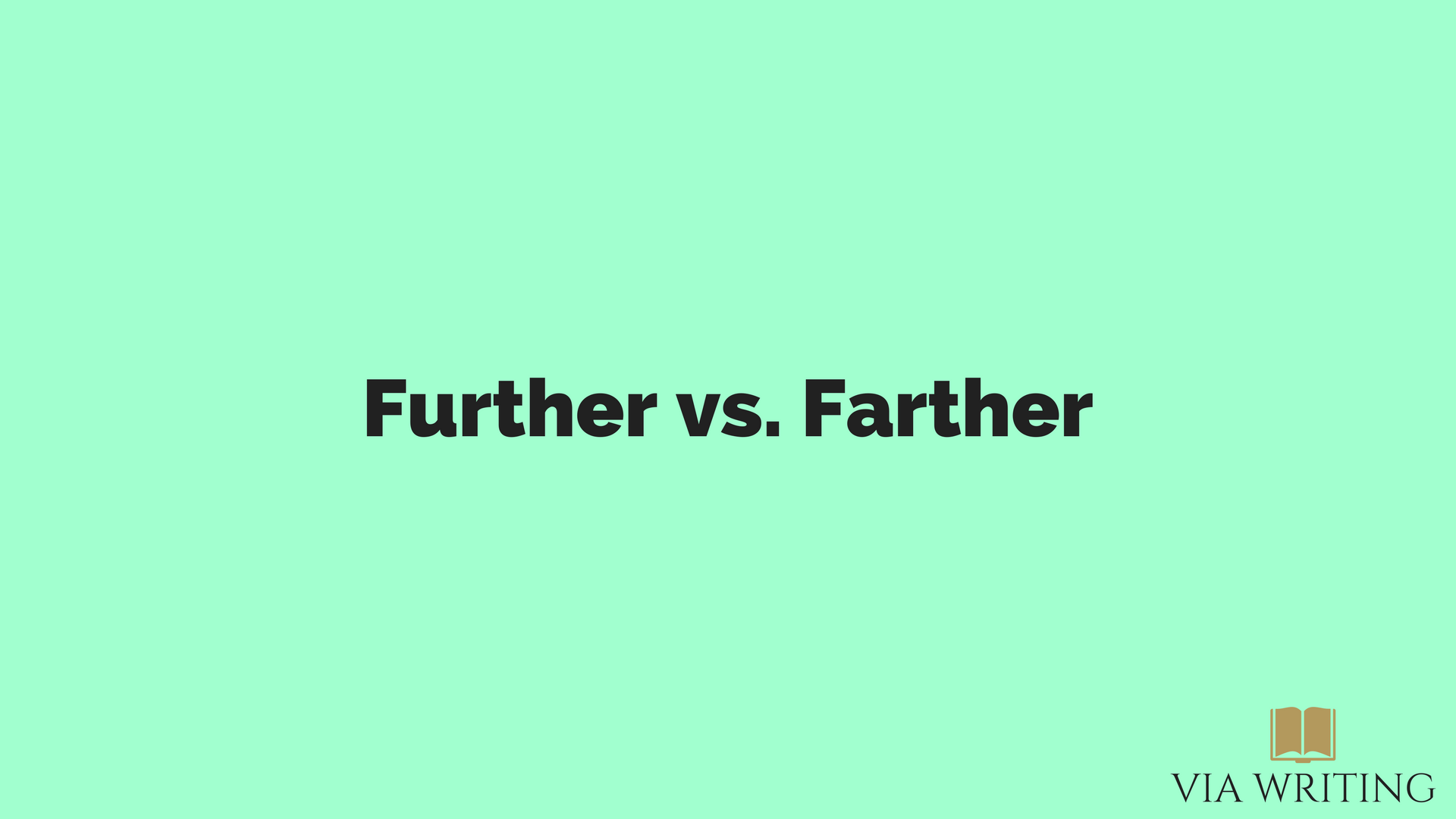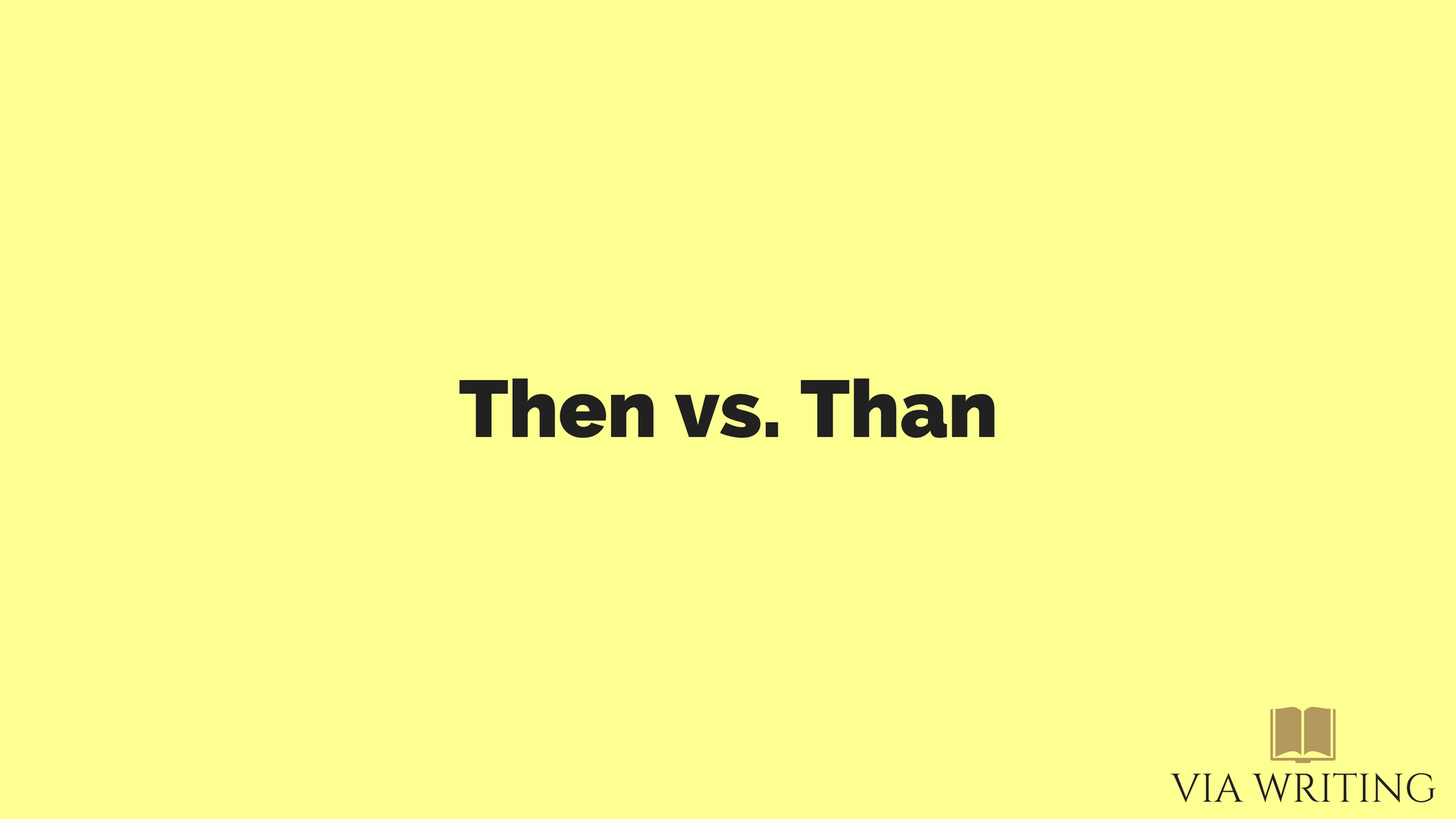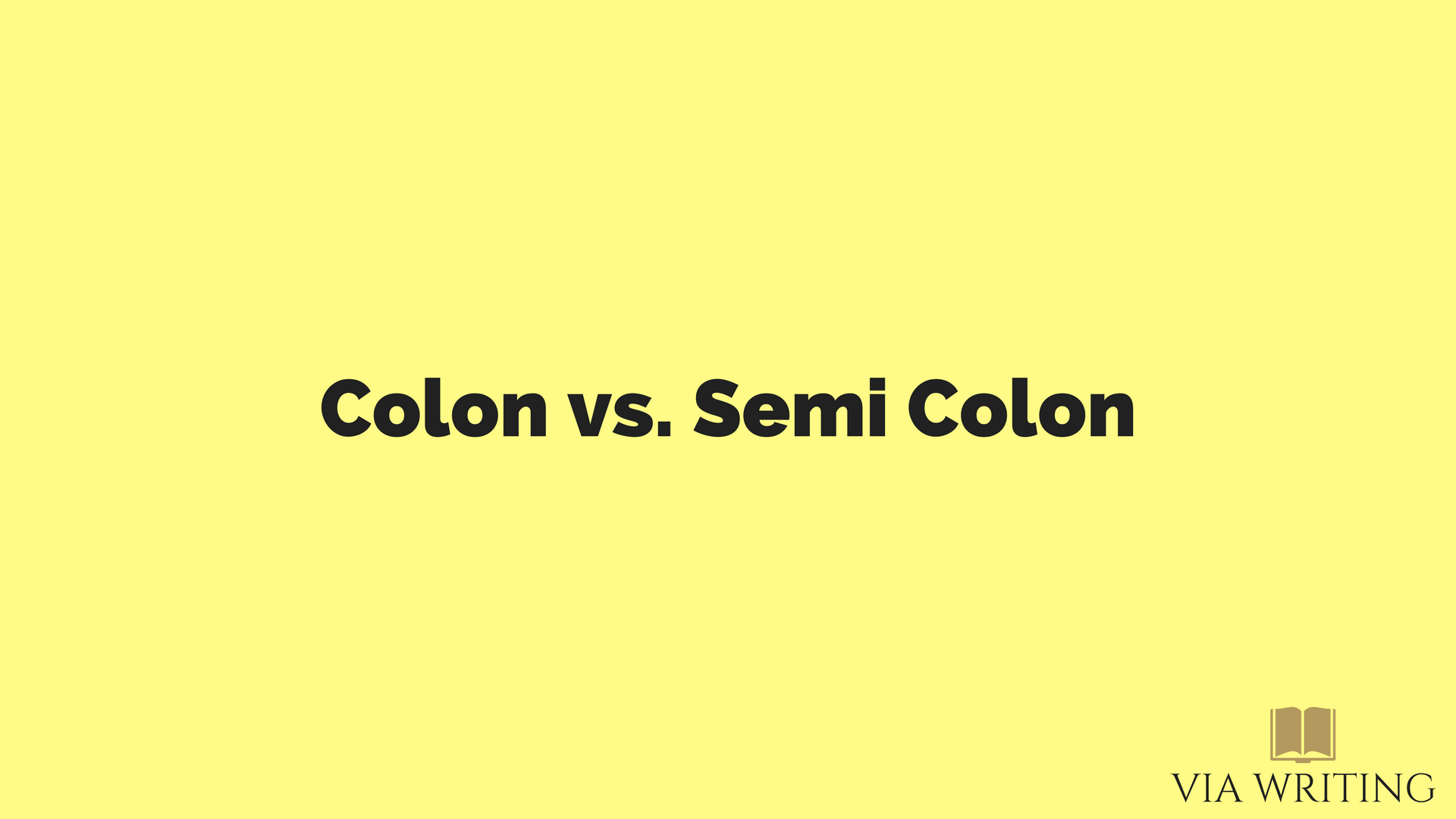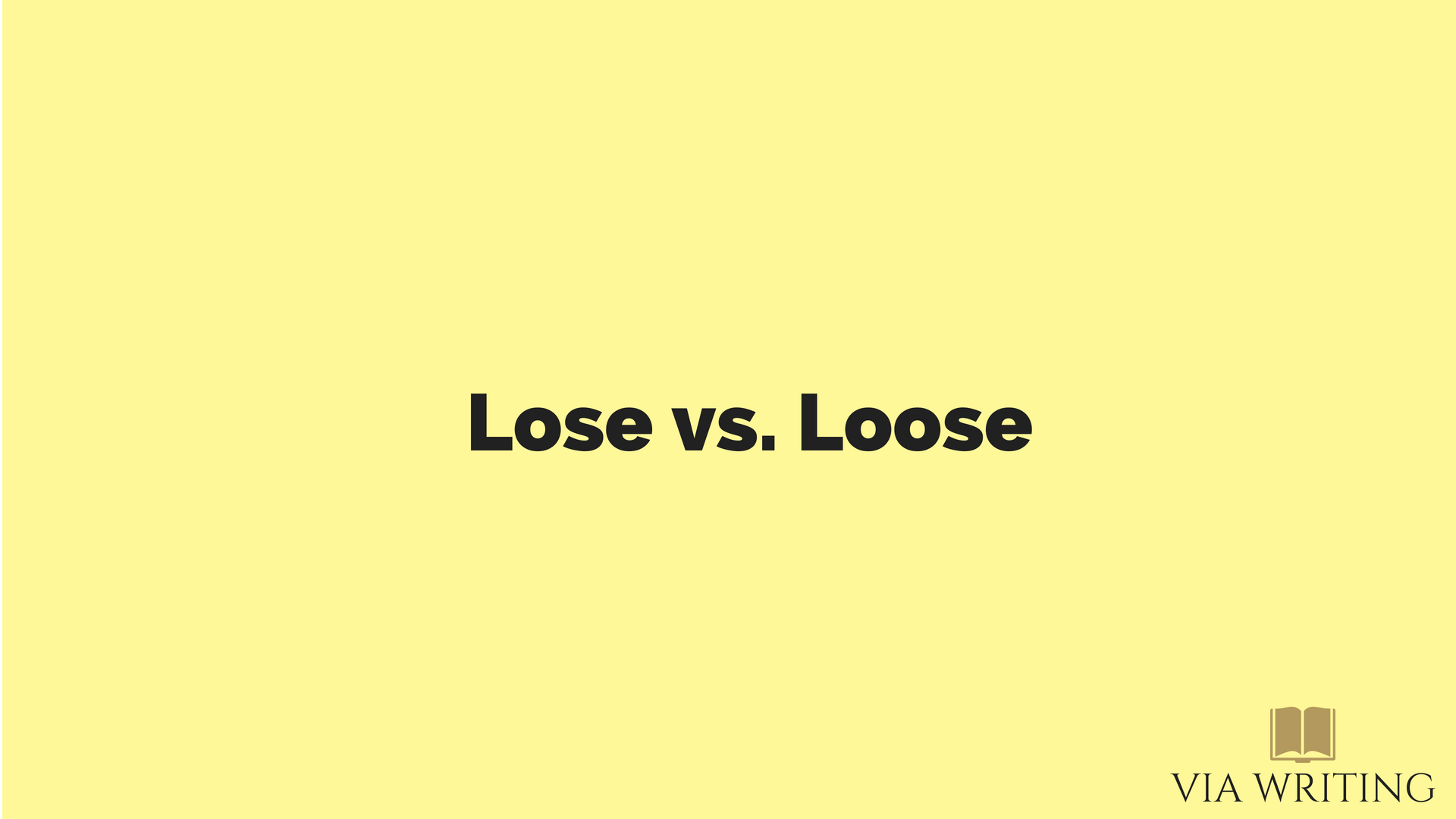When it comes to ‘further’ and ‘farther’, it’s hard to tell the difference. In fact, many seasoned writers still can’t tell the difference, and at this point they’re too afraid to ask. Luckily, there is a very quick trick you can use when you’re looking for the right one use.
Basically, ‘farther’ can be used to refer to actual, measurable distance, and ‘further’ can be used to refer to metaphorical distance.
How does this work? Check out these example sentences to see how you should be using ‘further’ and ‘farther’.
- ‘How much farther is it to the beach?’
‘It’s not much farther, we’ll be there within an hour.’ - ‘I’m much further along in my work today than I thought I’d be.’
- ‘He’s much further along in his reading than his peers.’
Of course, this doesn’t always work. For example, you could either say that you’re ‘further along’ or ‘farther along’ in your book than your friend, as it covers both the actual amount of pages read, and the amount of information that you’ve taken in.
When this is the case, it’s actually ok to use them interchangeably. In fact, the Oxford English Dictionary says it’s ok to use either, when the distinction isn’t clear. This is especially true for people in Britain, who use both interchangeably as a matter of course.
To conclude, there is a difference between ‘further’ and ‘farther’, if you’re talking about a clear actual distance, or metaphysical distance. If the distinction isn’t obvious, then using either is fine.




